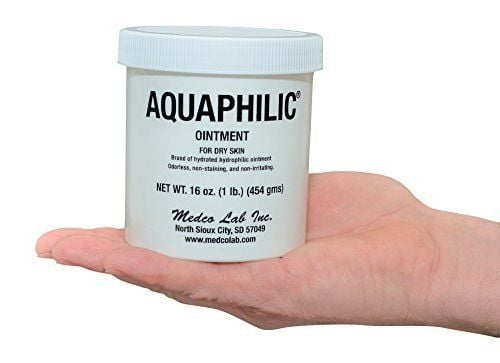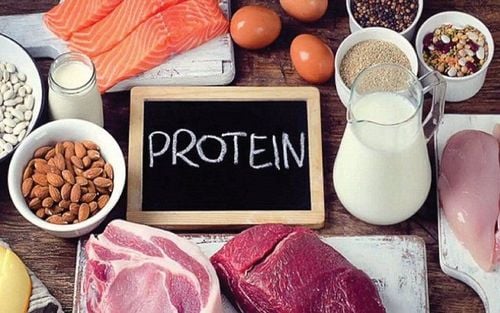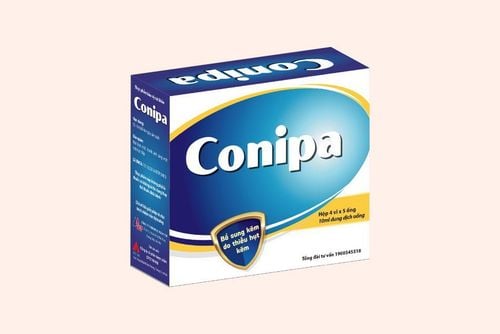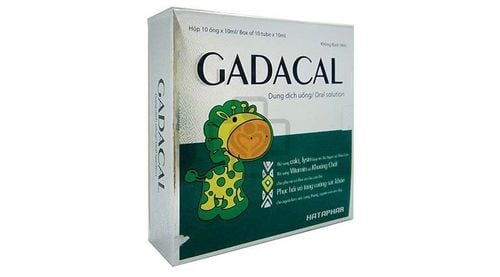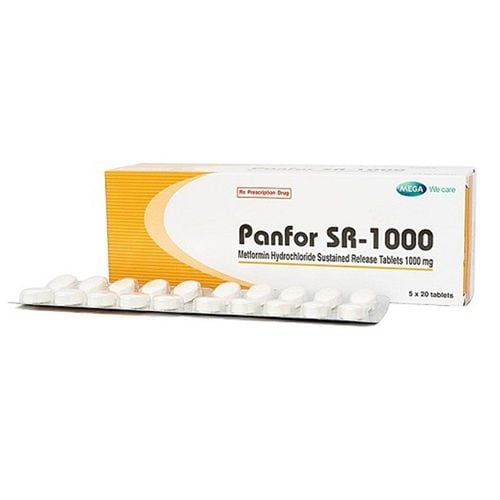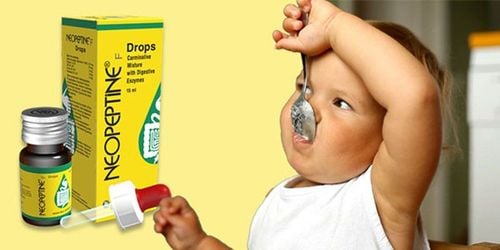This is an automatically translated article.
Protein bars are a new type of product, quite convenient for today's busy modern life. However, because it is a new product and provides mainly one of the three main ingredients of human nutrition, there are still many questions about whether protein bars are good for health?
1. What is Protein Bar?
Protein bars are a snack food designed to provide protein in the most convenient way. It was very popular when it was born, because for many people, it was too convenient, too easy to need to provide protein for the body in a busy life, lack of time like today. There are quite a few different types of protein bars on the market, and of course they are not all the same, consumers should pay attention to this.
2. Protein Bar Nutrition
The nutritional composition of protein bars varies greatly between different manufacturers, even between different flavors from the same manufacturer. This is mainly due to the difference in the materials used to create the product. Many protein bars are made with ingredients like dates, dried fruits, nuts and seeds, whole grains (oats, quinoa,...),...
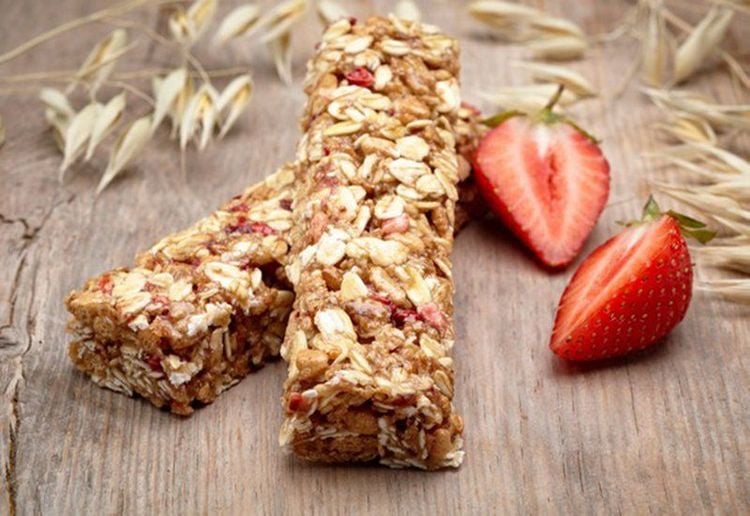
Protein dạng thanh được làm từ nhiều loại hạt và hoa quả sấy khô
On average, each protein bar product contains 5 - 10 grams of fat, 25 - 35 grams of carbohydrates, and 5 - 10 grams of fiber. Besides protein and carbohydrates, many protein bars also contain other essential elements such as calcium, B vitamins, potassium, iron, etc. It should be noted that some protein bars do not clearly declare their composition. it's on the package, and many protein bars can contain high amounts of added sugars and use unhealthy sweeteners like high-fructose corn syrup, which can lead to an excess of fructose, copper in the diet. meaning increases the risk of liver diseases, obesity, diabetes, ... if consumed in large quantities.
Usually most protein bars provide 150 to 400 calories and 10-20 grams of protein, some types can provide nearly 30 grams of protein per serving.
The protein source of each type of protein bar is also different. Some use yogurt powder, raw milk, or dairy proteins like casein and whey, while others use plant sources like soybeans, peas, or brown rice. Some contain egg whites, or nuts and sprouts. More specifically, some protein bars use refined protein sources like whey or soy protein isolates instead of using raw or less refined options.
3. The benefits of protein bars
3.1. Convenient source of nutrientsProtein bars are a simple, easy way to use anytime, anywhere. They're compact, ready-to-eat, have a variety of flavors, and with the right amount of protein and ingredients guaranteed to be a very practical choice for busy lives.

Protein dạng thanh có rất nhiều hương vị khác nhau
The protein and carbohydrate composition of protein bars makes it very useful when used before or after exercise to replenish energy for training or to support muscle recovery after exercise.
Some types of protein bars contain a relative amount of fiber, which is very useful for the human digestive system. And many types help supplement important vitamins and minerals, such as calcium, iron, magnesium, potassium, phosphorus, vitamin E, B vitamins,...
3.2. Supports weight loss
Many people hope that protein bars can help support weight loss. Several studies have also suggested that a high-protein diet can support healthy weight loss better than a standard protein diet, thanks to protein's ability to maintain satiety, from It reduces cravings and avoids overeating. If you want to use protein bars in your weight loss process, remember that you still need to maintain a healthy, balanced diet and maintain exercise.
3.3. Supports weight gain
If you are trying to gain weight, high-energy protein bars can help, but you should choose those with healthy ingredients instead of those containing a lot of sugar and chemicals complementary.
3.4. Using meal replacements
Protein bars are often considered a way to replace meals, especially breakfast. Although in some ways, protein bars can also help replace traditional meals in necessary cases, but it can never replace a complete meal, and for good health. health, should not abuse the convenience of protein bars to replace meals.

Protein dạng thanh không thể thay thế một bữa ăn hoàn chỉnh
3.5. Support to increase muscle mass
Those who are looking to increase muscle mass can hope that using protein bars will help achieve their goals, because to increase muscle mass, protein supplementation for the body is indispensable.
4. Limitations and Cautions for Protein Bars
There are so many different types of protein bars these days, making it difficult to choose. Some are loaded with added sugars or artificial sweeteners, and they're obviously not healthy. Besides, the fat component in protein bars is sometimes not from nuts and seeds, but from refined oils that are harmful to health.
The nutritional composition in protein bars is not balanced, and not comprehensive, so it cannot be abused as a substitute for traditional meals. Besides, for most people, consuming a lot of protein bars will lead to excess energy and too much protein intake, which are detrimental to health.
The price of protein bars also varies widely, depending on the manufacturer as well as the type, but price does not always equate to quality. So check the ingredients of each type of protein bar carefully to find the most suitable one. It's best to choose those with ingredients derived from raw, minimally processed foods, with little or no added sugar or artificial sweeteners.
If there is a need for consultation and examination at the Hospitals of the National Health System, please book an appointment on the website to be served.
Articles refer to the source: healthline.com
Please dial HOTLINE for more information or register for an appointment HERE. Download MyVinmec app to make appointments faster and to manage your bookings easily.
MORE
What do you know about whey protein? The role of proteins and instructions, uses What is blood protein? What is the normal number?




